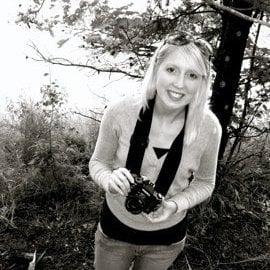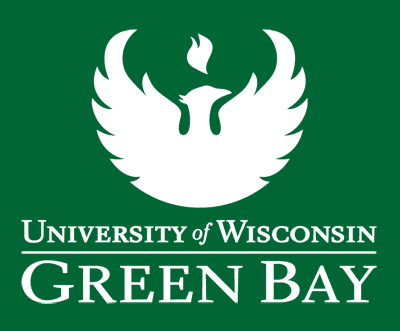The University of Wisconsin-Green Bay was founded as a new type of university for a new era.
“It was a time of dynamic change in the United States,” said UW-Green Bay professor emeritus Bud Harris.
The idea was to integrate disciplines into interdisciplinary concentrations all focused on ‘Man and his environment.’
“By that we meant we’re part and parcel to the environment and we don’t try to separate the man-made world from the natural world,” Harris said.
That environmental theme grabbed headlines around the world. Harper’s magazine dubbed it ‘Survival U.’ Newsweek called it ‘Ecology U.’ Whatever the name, the mission of the University was clear:
“The University’s whole mission was billed as an environmental institution,” Harris said. “And that’s what attracted a number of young faculty here.”
Harris was one of those young faculty members back in 1970. He focused much of his work on water quality, specifically the cleanup and restoration of the Fox River and the bay of Green Bay. At UW-Green Bay, students took an active role in research, getting out of the classroom and into the field.
“I think one of the things that happened was that we changed people’s ideas about the resources itself and the benefits of a restored river that had ecological integrity,” Harris said.
Today, a multi-million dollar cleanup is well underway. Harris says it took an interdisciplinary approach to tackle the issue. The University was a big part of it all.
“Things that have happened here would not have happened without this University and the faculty,” Harris added.
UW-Green Bay’s connection to the community continues today, in education, research and business.
The Cofrin Center for Biodiversity is continuing to focus on maintaining the ecosystem of the bay of Green Bay and the biodiversity of the region.
The Center is home to one of the largest egg collections in North America as part of the Richter Museum of Natural History.
More than 25,000 plant specimens are documented at the University Herbarium.
The Center, led by Prof. Robert Howe, is working to help manage the Northern forests of Wisconsin and Panama by partnering with the Smithsonian Tropical Research Institute.
UW-Green Bay is home to the longest running volunteer bird-monitoring program in the country.
Prof. Kevin Fermanich, the authority on local watershed research, is reaching out to area high school students with a highly successful watershed-monitoring program, where students monitor water quality in rivers, streams and lakes.
Prof. Michael Zorn is conducting innovative research in the chemistry lab on photo catalytic hydrogen fuel cells and has been involved in several methane generation projects.
Prof. Matthew Dornbush is investigating biomass-yielding grasslands for electricity and heat generation.
Prof. John Katers is a leading researcher in the biogas field in Wisconsin, converting animal waste to methane. Because of his efforts, Wisconsin leads the nation in manure to methane projects for dairy farms.
Katers also works closely with businesses to find ways to minimize and recycle waste.
“This University is putting it front and center and helping businesses understand the need to be environmentally sensitive,” said Dan Madigan, the president of FEECO International, a company focused on solving environmental problems. Katers has worked closely with the company. So have his students. In fact, several UW-Green Bay graduates now work for FEECO.
“This University is core from an environmental standpoint,” Madigan said. “It’s not a side degree. It’s core to the University’s principles and you can see it in people like Dr. Katers and you can see the energy. And the students coming out of here are ready to go to work. They’re job ready and I’m awfully proud of those that have come through here and are working for us.”
From day one, students at UW-Green Bay have had a passion for the environment. That passion carries over to today.
“I think there’s a great history here,” said Anthony Rieth, who graduated from UW-Green Bay in 2010 with a degree in economics. He is currently pursuing a graduate degree at UW-Green Bay.
“We’ve got professors who came from here, some came from other places, but they have that knowledge, that experience of being part of the original movement. Then we’ve got students who are part of this sustainable movement. It’s from faculty down to students. There’s interest the whole way,” Rieth said.
From environmental to sustainable, the movement has evolved. So has the University. The ‘Eco’ in ‘Eco U’ no longer refers simply to ecology. It also means economics.
“They have to co-exist or neither one will exist,” Rieth said.
The Environmental Management and Business Institute is the latest example of the interdisciplinary approach at UW-Green Bay, combining the environment with business.
It’s a concept that was considered revolutionary when UW-Green Bay came onto the scene. But one that has become the standard for problem solving in the 21st Century.
“The basic foundation has proved to be the wave of the future,” Harris said. “I think this University is poised to be a leader again.”
Source: http://blog.uwgb.edu/inside/index.php/featured/go-green/10/27/uwgb-environmental-mission/


